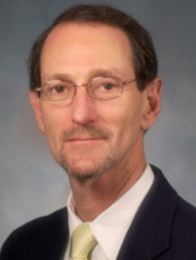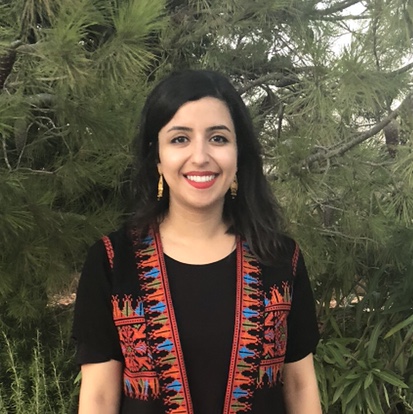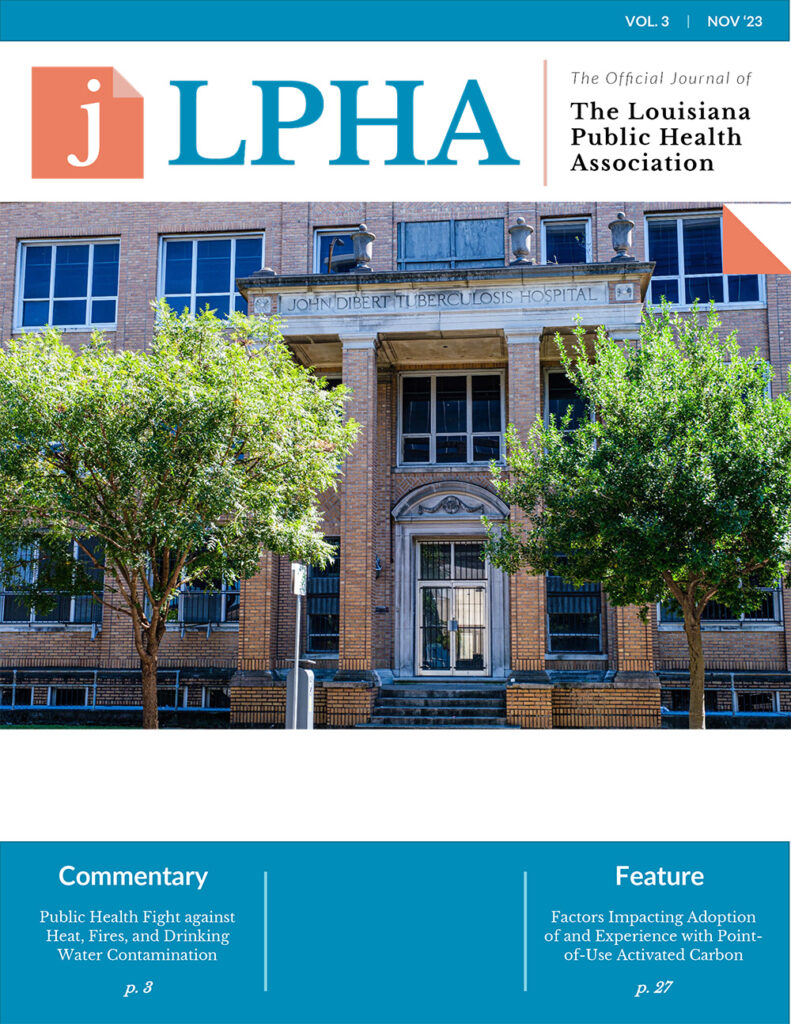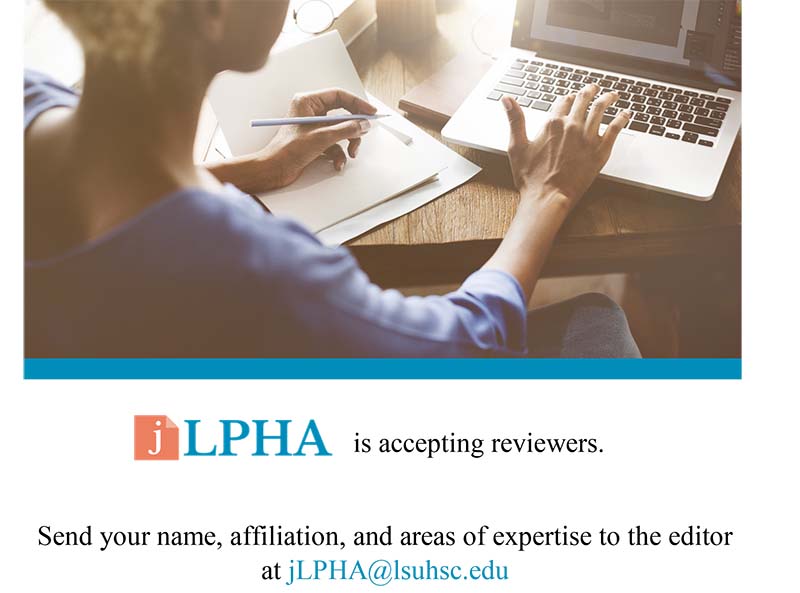Publications
Thomas, S.M., Horswell, R., Celestin, M.D., Dellinger, A.B., Kaiser, M., Butler, M. (2010). Awareness and Implementation of the 2000 US Public Health Service Tobacco Dependence Treatment Guideline in a Public Hospital System. Population Health Management; 14(2): 79-85.
Moody-Thomas, S., Celestin, M., Horswell, R. (2013). Use of systems change and health information technology to integrate comprehensive tobacco cessation services in a statewide system for delivery of healthcare. Open Journal of Preventive Medicine; 3: 75-83.
Moody-Thomas, S., Celestin, M.D., Tseng, T.S., Horswell, R. (2013). Patient tobacco use, quit attempts, and perceptions of healthcare provider practices in a safety-net healthcare system. Ochsner Journal; (13)3: 367-74.
Purcell, E.P., Mitchell, C., Celestin, M.D., Evans, K.R., Haynes, V., McFall, A., Troyer, L., Sanchez, M.A. (2013). Research to Reality (R2R) Mentorship Program: Building Partnership, Capacity, and Evidence. Health Promotion Practice; 14(3): 321-327.
Tseng, T.S., Moody-Thomas, S., Horswell, R., Yi, Y., Celestin, M.D., Jones, K.D. (2014). Using a health informatics system to assess effect of a federal cigarette tax increase on readiness to quit among low-income smokers, Louisiana, 2009. Prev Chronic Dis;11: E52.
Celestin, M.D., Hart, A., Moody-Thomas, S. (2014). Partnering with Health Care Systems to Assess Tobacco Treatment Practices and Beliefs among Clinicians: Evaluating the Process. Preventing Chronic Disease; 11:130277.
Moody-Thomas, S., Nasuti, L., Yi, Y., Celestin, M.D., Horswell, R., Land, T.G. (2015). Effect of systems change and use of electronic health records on quit rates among tobacco users in a public hospital system. Am J Public Health, Vol. 105, No. S2, pp. e1-e7.
Celestin, M.D., Tseng, T.S., Moody-Thomas, S., Yi, Y., Jones-Winn, K., Hayes, C., Guillory, D. (2016). Effectiveness of group behavioral counseling on long-term quit rates in primary health care. Transl Cancer Res;5(Suppl 5): S972S982.
Hayes-Watson, C., Nuss, H., Tseng, T.S., Parada, N., Yu, Q., Celestin, M.D., Guillory, D., Jones-Winn, K., Moody-Thomas, S. (2017). Self-management practices of smokers with asthma and/or chronic obstructive pulmonary disease: A cross sectional survey. COPD Research and Practice; 3(3): 1-7. https://doi.org/10.1186/s40749-017-0022-0.
Celestin, M.D., Ferguson, T., Ledford, E.C., Tseng, T.S., Carton, T.W., Moody-Thomas, S. (2018). Differences in Treating Tobacco Use across National, State, and Public Hospital System Surveys. Prev Chronic Dis;15:170575
Hayes-Watson, C., Nuss, H., Celestin, M.D., Tseng, T.S., Parada, N., Yu, Q., Moody-Thomas, S. (2018). Health beliefs associated with poor disease self-management in smokers with asthma and/or COPD. J. Asthma; 1–8.
Kao, Y.H., Celestin, M.D., Yu, Q., Moody-Thomas, S., Jones Winn, K., Tseng, T.S. (2019). Racial and Income Disparities in Health-Related Quality of Life among Smokers with a Quit Attempt in Louisiana. Medicina (Kaunas); 55(2).
Tseng, T.S., Gross, T., Celestin, M.D., Dang, W., Young, L., Kao, Y.H., Li, M., Smith, D.L., Bok, L.R., Fuloria, J., Moody-Thomas, S. (2019). Knowledge and attitudes towards low dose computed tomography lung cancer screening and smoking among African Americans—a mixed method study. Transl Cancer Res;8(Suppl 4):S431-S442. https://doi: 10.21037/tcr.2019.04.18.
Kao, Y., Celestin, M.D., Walker, C.D., Yu, Q., Couk, J., Moody-Thomas, S., et al. (2019). Smoking Relapse and Type 2 Diabetes Mellitus–Related Emergency Department Visits Among Senior Patients with Diabetes. Prev Chronic Dis; 16:190027.
Luo T, Li MS, Williams D, Phillippi S, Yu Q, Kantrow S, Kao YH, Celestin M, Lin WT, Tseng TS. (2021). Using social media for smoking cessation interventions: a systematic review. Perspect Public Health. Jan;141(1):50-63. Epub 2020 Feb 20. PMID: 32077368
Kao YH, Tseng TS, Celestin MD, Hart J, Young L, Li M, Bok LR, Smith DL, Fuloria J, Moody-Thomas S, Trapido EJ. (2021) Association Between the 5As and Stage of Change Among African American Smokers Eligible for Low-Dose Computed Tomography Screening. Prev Chronic Dis. 2021 Jul 15;18:E71. doi: 10.5888/pcd18.210073. PMID: 34264811; PMCID: PMC8300539.
Tseng TS, Celestin MD Jr, Yu Q, Li M, Luo T, Moody-Thomas S. Use of Geographic Information System Technology to Evaluate Health Disparities in Smoking Cessation Class Accessibility for Patients in Louisiana Public Hospitals. Front Public Health. 2021 Aug 12;9:712635. doi: 10.3389/fpubh.2021.712635. PMID: 34476230; PMCID: PMC8406529.
Celestin Jr MD, Gee RE. The epidemic during the pandemic: assessing the Federal Drug Administration’s efforts to curb youth smoking after passage of HR2339 by Congress. Am J Public Health. 2022;112(7):1005–1006. https://doi.org/10.2105/AJPH.2022.306901.















